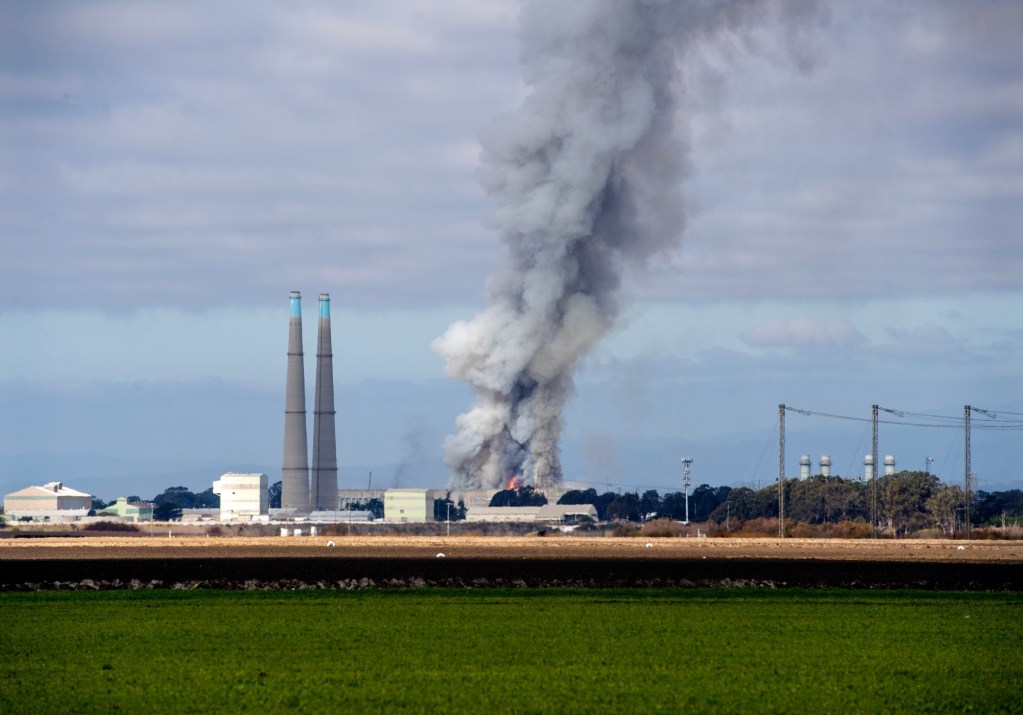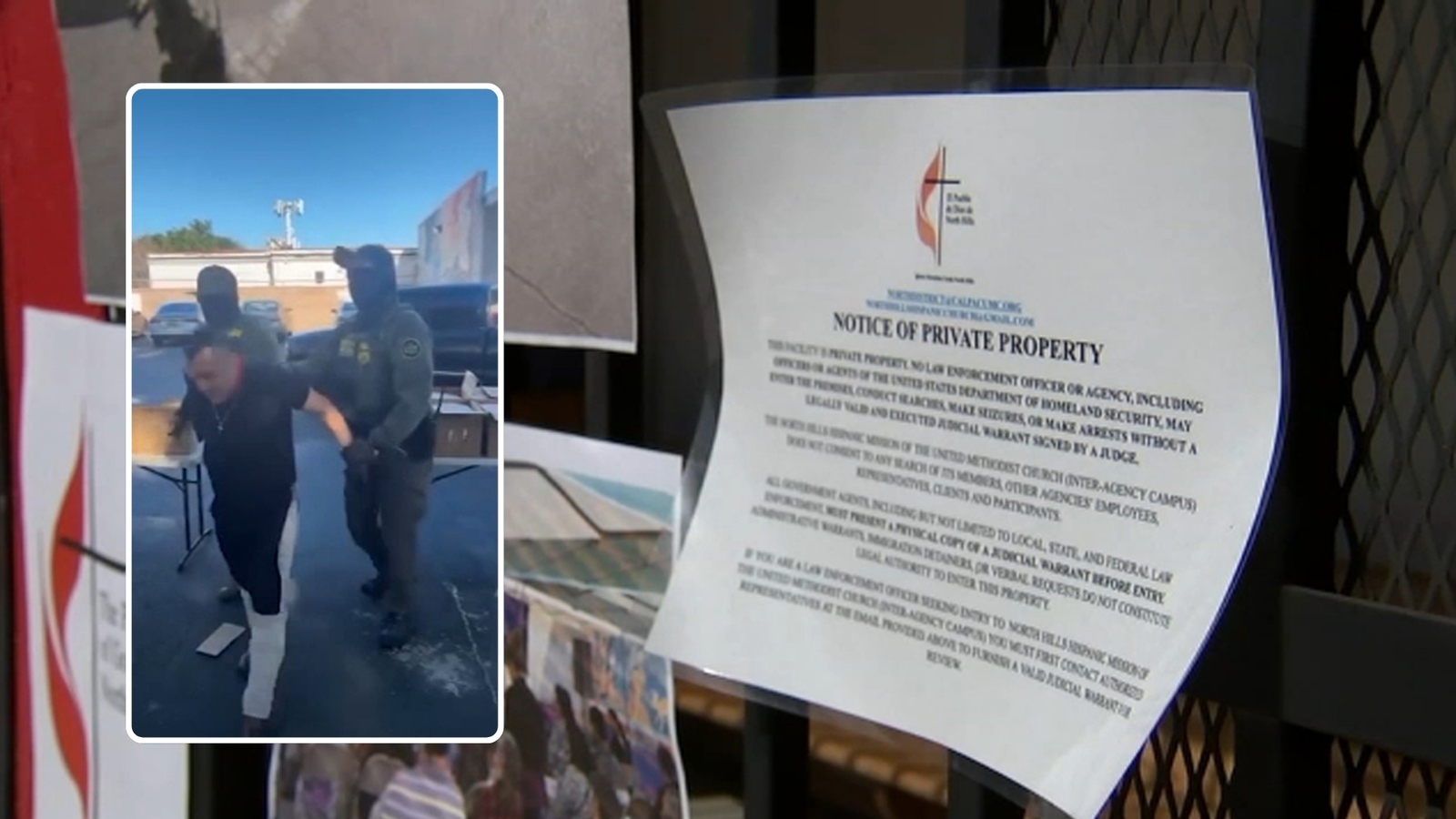UPDATE: Monterey County officials are set to consider a moratorium on new battery storage facilities in response to the catastrophic fire at the Moss Landing plant earlier this year. The proposal will be discussed on Tuesday, October 3, 2023, following a fire on January 16 that raised serious safety concerns for residents.
The fire, which was the largest battery storage incident in U.S. history, burned for two days and destroyed over 50,000 lithium-ion batteries, releasing a toxic cloud that forced the evacuation of 1,200 local residents. Many evacuees reported suffering from headaches and respiratory issues, highlighting the urgent need for safety regulations in battery storage technology.
Monterey County Supervisor Glenn Church, who represents the area, expressed hopes that the proposed moratorium will set a precedent for other California counties. “California is going to need more battery facilities,” Church stated. “But we need to make them safe. They are very volatile.”
If the moratorium is approved, county staff will draft new regulations over the next 1 to 2 years to address issues such as facility locations, fire safety protocols, and emergency management policies. Similar moratoriums have been enacted in other counties, including Solano and Orange, as communities voice concerns about the risks associated with battery storage plants.
The renewable energy sector is facing pushback against these local bans. Industry advocates argue that halting new battery plants undermines California’s push for clean energy, especially as the state aims to generate 100% of its electricity from renewable sources by 2045. Molly Croll, senior policy director at the American Clean Power Association, emphasized that “blanket bans on any source of clean power are the wrong approach for California at a time when electricity demand is rising.”
California has seen a surge in battery storage facilities, growing from just 17 in 2019 to 187 today, with numerous projects planned across various regions. These facilities play a crucial role in storing energy generated by solar and wind sources, allowing California to reduce reliance on fossil fuels.
Community advocates near the Moss Landing plant are voicing their support for the moratorium. “Our concern has been with the volatility and danger of the lithium-ion technology,” said Brian Roeder, co-founder of Never Again Moss Landing. “Once these things catch fire, the emissions are incredibly harmful to living creatures,” he added, highlighting the long-term health impacts that could arise from such incidents.
As the proposed moratorium is set for discussion, all eyes will be on the Monterey County Board. The decision could have far-reaching implications for California’s energy landscape, balancing the need for renewable energy with the necessity of public safety.
For ongoing coverage of this developing story, stay tuned as we bring you updates.







